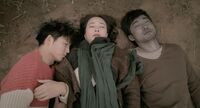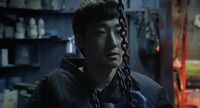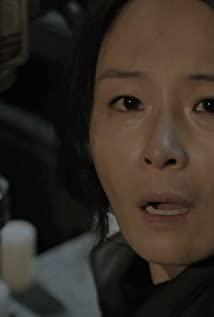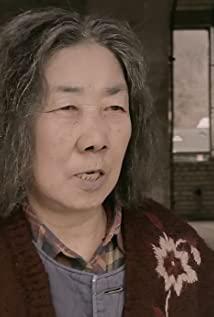The film is gloomy and depressing from beginning to end, but also tense.
The economy is sluggish, the survival of handicraftsmen is unsustainable, and the people at the bottom are living in dire straits, relying on usury to survive. If the money is not paid, the debt collector will be disabled, cheated on insurance premiums, and repaid the loan.
In the end, the cruel and numb debt collector may be awakened by a trace of humanity, or it may be more desperate for the world. Then he cut himself off, bid farewell to the world, and made atonement by the way.
People are the product of the environment. Outside of the film, what happened to the debt collector in the past?
Aside from morals and ethics, this film actually reflects the issue of social governance. The audience needs to think for themselves.
In Japan, which is also a developed Asian country, "Dark Gold Chou Dao Jun" presents the problem of usury from more angles.
View more about Pieta reviews










